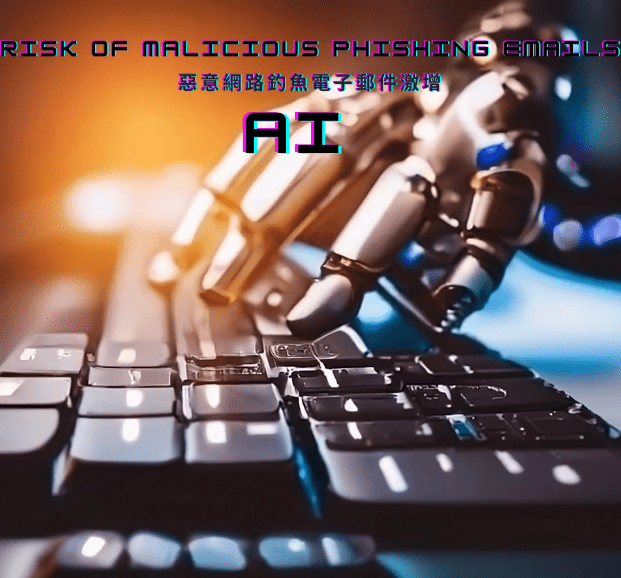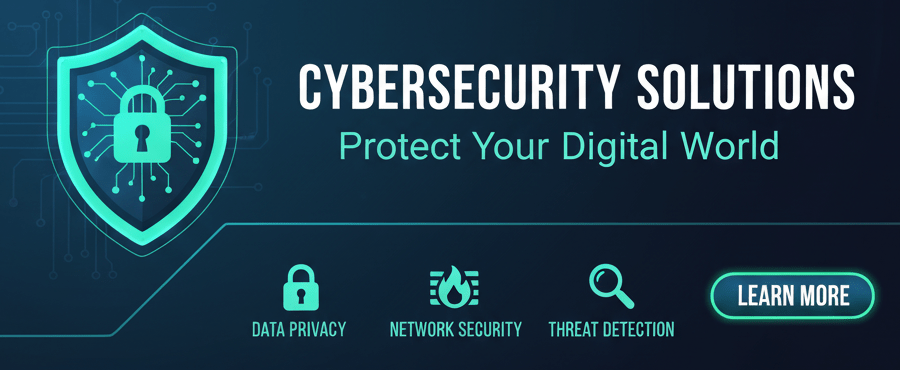Introduction:
In recent years, the world has witnessed a staggering increase in cyber threats, with one particular menace gaining significant traction: malicious phishing emails. A new report by cybersecurity firm SlashNext has shed light on the role of generative artificial intelligence tools, such as ChatGPT, in the exponential growth of these cyberattacks. With a 1,265% surge in malicious phishing emails since the fourth quarter of 2022, and a 967% rise in credential phishing, it is evident that cybercriminals are leveraging AI to launch sophisticated and targeted attacks.
The Impact of AI on Phishing Attacks:
The report reveals that cybercriminals are utilizing generative AI tools like ChatGPT to craft convincing business email compromise (BEC) and phishing messages. These AI-powered tools have significantly lowered the barrier for entry into the world of cybercrime, enabling both novice and experienced attackers to launch large-scale, spear-phishing attacks. The speed, volume, and sophistication of AI-based threats have reached unprecedented levels, posing a grave challenge to cybersecurity professionals.
The Role of ChatGPT:
ChatGPT, a popular AI chatbot, has played a significant role in the proliferation of malicious phishing emails. Its launch at the end of last year coincided with the exponential growth of these attacks. By leveraging generative AI technology, threat actors can modify malware code and create thousands of variations of social engineering attacks, increasing the likelihood of success. The ease of use and versatility of ChatGPT have made it an attractive tool for cybercriminals seeking to exploit unsuspecting individuals and organizations.
The Alarming Statistics:
The research conducted by SlashNext highlights the severity of the issue. On average, a staggering 31,000 phishing attacks are launched daily. Nearly half of the surveyed cybersecurity professionals reported falling victim to a BEC attack, while 77% reported being targeted by phishing attacks. These numbers signify the pressing need for immediate action to combat the growing threat landscape.
The Business Impact:
The financial losses resulting from phishing attacks are substantial. The FBI’s Internet Crime Report states that BEC alone accounted for around $2.7 billion in losses in 2022, with an additional $52 million lost to other types of phishing. The success rate of these attacks, coupled with the potential rewards, incentivizes cybercriminals to intensify their phishing and BEC attempts. The implications for businesses, both large and small, are dire, with confidential data, financial resources, and reputation at stake.
Countering the Threat:
In response to the surge in malicious phishing emails, organizations and cybersecurity leaders must take proactive measures to protect their systems and employees. Continuous end-user education and training are crucial to raising awareness about the threat and fostering a security-conscious culture. Implementing email filtering tools that leverage machine learning and AI can effectively detect and block phishing emails, but they must be updated regularly to counter evolving threats.
Regular testing and security audits are vital to identify vulnerabilities and weaknesses in an organization’s defenses. By promptly addressing these issues, the attack surface can be reduced, making it harder for cybercriminals to exploit vulnerabilities. Additionally, implementing a zero-trust strategy and adopting layered defenses can provide a comprehensive security framework against AI-generated email attacks.
Conclusion:
The rise of malicious phishing emails poses a significant challenge in the evolving landscape of cyber threats. The utilization of AI tools like ChatGPT has fueled the growth of these attacks, enabling cybercriminals to launch sophisticated and convincing campaigns. Organizations must prioritize cybersecurity measures, such as continuous education, advanced filtering tools, regular testing, and enhanced security infrastructure. By staying vigilant and proactive, we can mitigate the risks posed by AI-driven malicious phishing emails and safeguard our digital ecosystem.
Disclaimer:
The content of this blog is for informational purposes only and should not be considered as professional advice. We strive to provide accurate and reliable information, but we make no warranties regarding its completeness, accuracy, reliability, or suitability.Any actions taken based on the information in this blog are at your own risk. Please consult professionals or seek appropriate advice before making any decisions.The content may change over time, and we reserve the right to modify or delete it.The views expressed in this blog are those of the author and do not necessarily reflect our views.Please independently verify any information and make decisions based on your own judgment.For specific concerns, consult professionals or seek appropriate advice.
#PhishingThreats #Cybersecurity #AIinCybercrime #ChatGPT #MaliciousEmails #BECAttacks #PhishingAwareness #DigitalSecurity #ProtectYourself #CyberDefense #CyberThreats #AIinPhishingAttacks #StayVigilant #SecureYourData #PhishingPrevention




